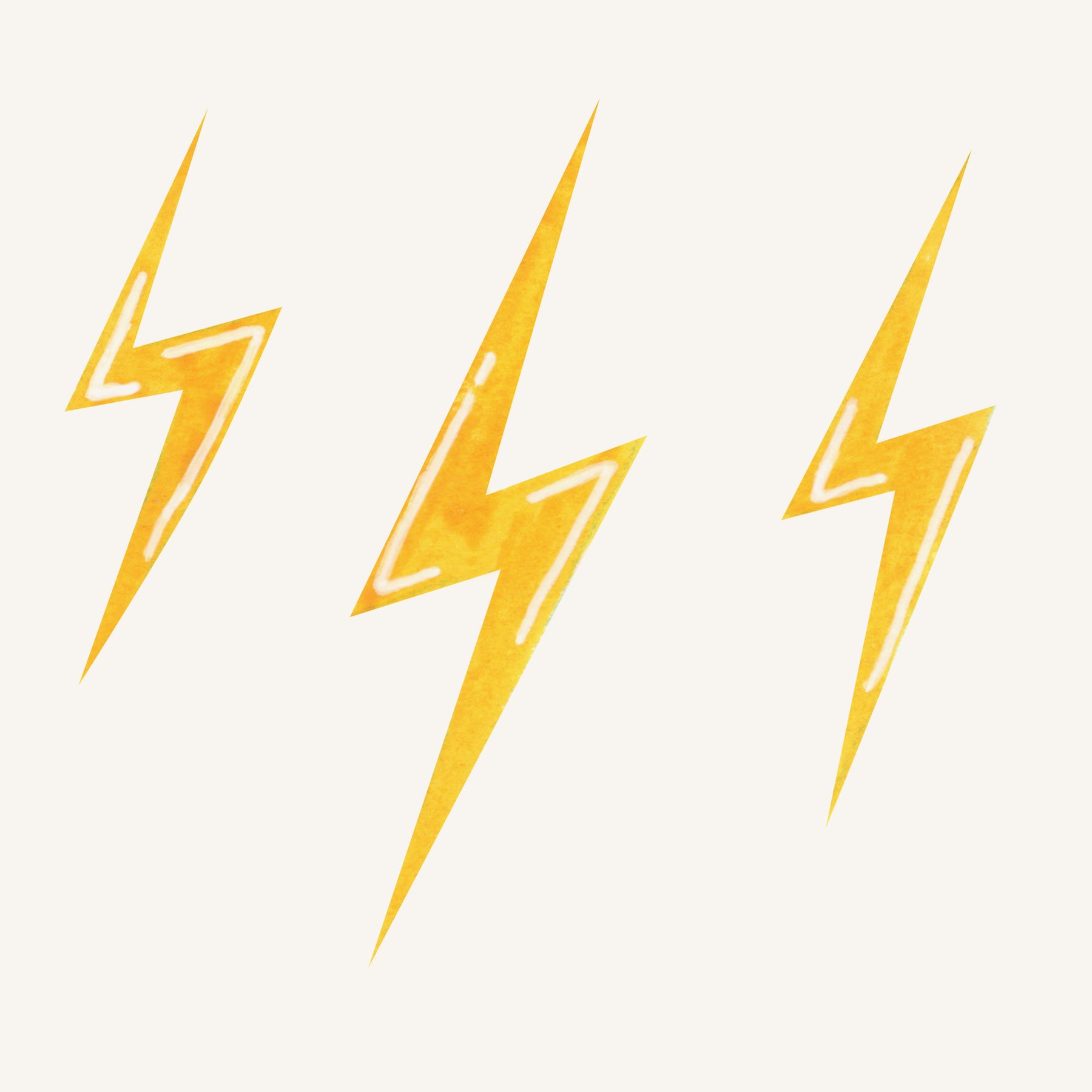
Life on the Line
In today's world, technology is the foundation of almost everything we do and without power those daily activities become impossible. Would you have communication with the world? Would you have a fresh supply of food? Could you work? We rely on many devices to get us about our day, but have we ever thought about the people that make this convenient life a reality? It's time to recognize the vital workers that grind tirelessly to address electrical problems behind (or rather) above and under the scenes.
Linemen have the dangerous job of working on power lines to keep the current flowing to our homes and businesses all day long. You may see power line workers fixing lines on poles as you commute to work, but most people don't realize they also run the risk underground (Yes! Right under our feet). And they typically start or end their day at dawn and dusk, because despite the amount of daylight in a workweek, society's need for 24/7 generated power must be maintained at all hours of the day. With demand for electricity contributing to the electric power industry's worth of over $400 billion per year in the U.S. alone, it's no surprise why linemen are advised to be on-call for unexpected outages. Some contracts with large demands will require high labor and urgent deadlines, forcing crews to be on the clock for 24 consecutive hours. This work schedule is a heavy load to carry, especially when called away from their families. And with an intense four-year training program as an apprentice before becoming a journeyman, these workers exemplify expertise in the field.
 (Image Credit: Journeyman Lineman, Elijah Goforth)
(Image Credit: Journeyman Lineman, Elijah Goforth)
The need for such labor goes as far back as 1840 when the telegraph was introduced. Fifty years after the onset of the utility industry, labor organizations formed to advocate for the safety of these workers. Today this support is strong under the International Brotherhood of Electrical Workers (IBEW). Still, the trade doesn't go without fatal risk. According to National Traumatic Occupational Fatalities (NTOF), the average annual fatality rate for power line workers is around 56 deaths per 100,000 employees.
Dealing with high voltage wires at great heights is a risky occupation. One of the most famous photographs of the 1960s is the "Kiss of Life." It captured a moment when J.D. Thompson gave mouth-to-mouth resuscitation to Randall G. Champion, who hung unconscious on a utility pole after receiving an electric shock from a hot wire. This photo is representative of the strength that the brotherhood carries.

This dedication to the brotherhood is a reflection of diligent work that benefits the community. But beyond delivering power locally, linemen are also called to action in times of disaster. When Hurricane Sandy hit in 2012, significant damage was caused to the energy grid creating widespread power outages in multiple states. Electric substations were knocked offline when flooded by rising seas. As a result, power was not able to reach local distribution lines. What's more, the high winds took down power lines. Gas stations lost power (preventing citizens from pumping gas) and millions of residents lost power to their homes. Through the Mutual Assistance Network established among the utility industry, tens of thousands of linemen responded to the storm. This voluntary partnership of electric companies from across the country increased the workforce to help speed up power restoration. Without power, facilities critical to public health such as hospitals, police and fire stations, water reclamation plants, and communication systems can't operate. As a result of their commitment to humanity, Congress passed a bill designating April 18th as National Lineman Appreciation Day. It acknowledges the trade as a service that quite literally empowers the building of our world's infrastructure; setting the foundation to facilitate a functional society.
If a contracted crew comes through for you in your home or at work send the power company a letter or email thanking them for their service. You can get the name of the foreman or one of the crewmen. If you know a lineman, post on social media with #thankalineman to encourage others to acknowledge the important job that they have. You can also donate to non-profits that assist injured linemen and their families. These are just some ways to show a great deal of respect to the people who've helped us power through difficult times. Try to remember, the fact that you've been able to work from home during COVID or read this blog on your device right now is reason enough to be thankful for the infrastructure linemen maintain.


Comments
Leave a comment